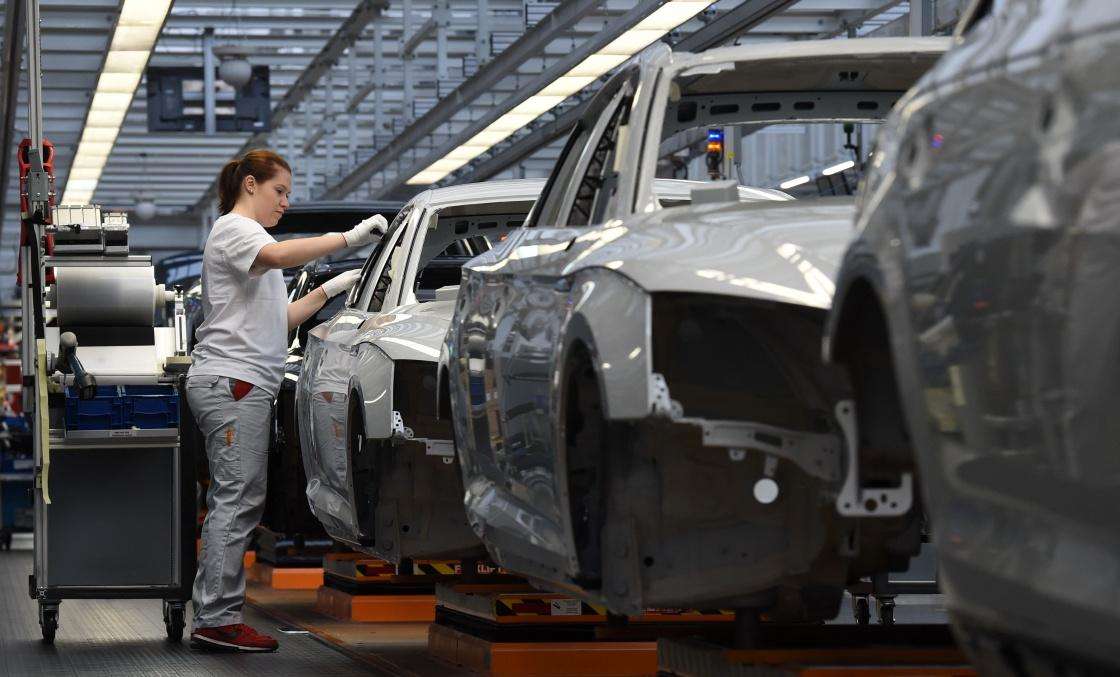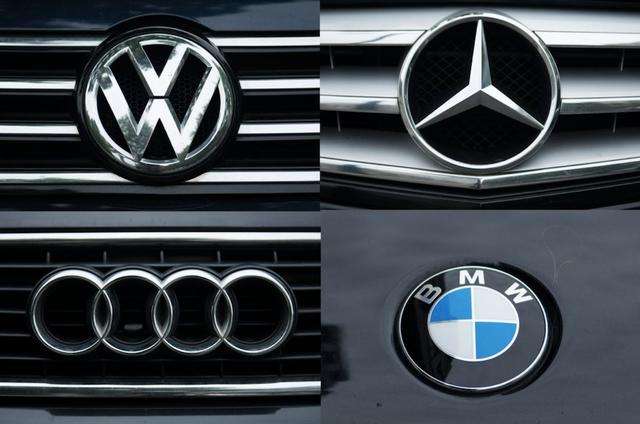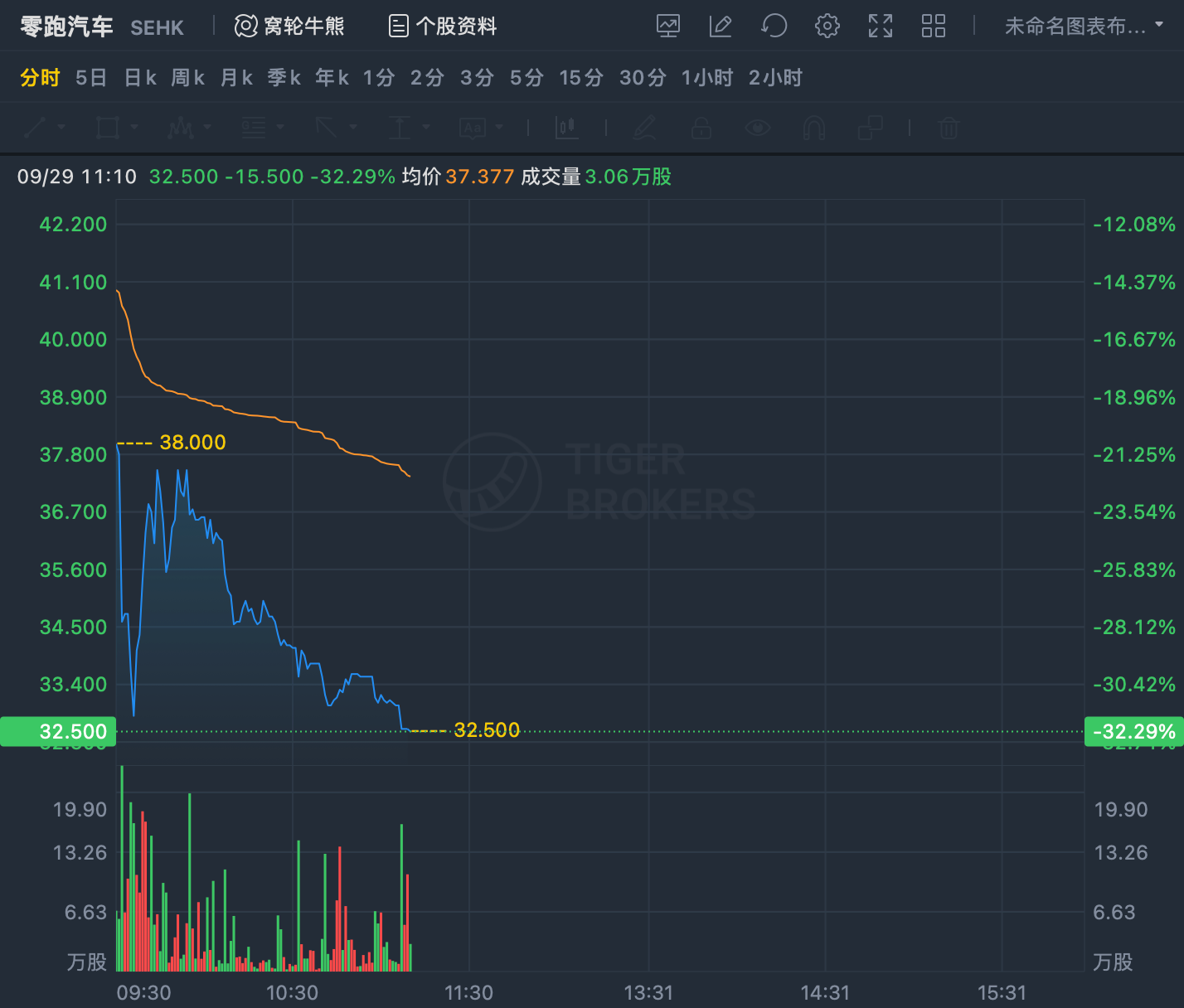In addition to Weibo, there is also WeChat
Please pay attention

WeChat public account
AutoBeta


2024-11-22 Update From: AutoBeta autobeta NAV: AutoBeta > News >
Share
AutoBeta(AutoBeta.net)03/07 Report--
As a result of novel coronavirus's epidemic, the domestic automobile market suffered an unprecedented decline in February, but German car companies, which occupy a large position in the domestic automobile market, are also having a hard time in their home market. New car sales in Germany fell 11 per cent to 239943 in February, according to the Federal Motor Transport Agency (KBA).

According to specific data, new energy models performed well in February this year, while sales of fuel models shrank further. Of this total, sales of pure electric vehicles surged 76 per cent to 8154, hybrid vehicle sales rose 98 per cent to 30000, and plug-in hybrid vehicle sales soared 279 per cent to 8354. Sales of gasoline vehicles fell 22 per cent to 125010 and diesel sales fell 13 per cent to 31192.
The main reason for this is that the European Union formally implemented stricter carbon dioxide emissions regulations on January 1, allowing European carmakers to add more plug-in hybrid vehicles to meet the EU's carbon dioxide reduction targets.
According to industry insiders, this trend will continue, and electric vehicles are expected to make greater breakthroughs this year, and there may even be a momentum of subverting fuel vehicles.
Despite the strong growth in electric models, Tesla, the world's leading electric car company, also saw a 37 per cent decline in the German market in February, compared with Tesla's models. Local electric models are more in line with the choices of local consumers, not just in terms of price.
The rapid decline in fuel models also led to declines in brands such as Mercedes-Benz (down 3.3%), BMW (- 1.2%) and Audi (- 20%), and even Volkswagen, Germany's best-selling brand, fell 11%. In addition, Ford fell 19%, Opel 21% and Honda 37%. Lexus, by contrast, saw a 71% surge, with Volvo up 25%, Seattle 23% and Porsche 19%.

Obviously, German car companies, which occupy the largest domestic market, have declined to varying degrees. The biggest market for German giants like Volkswagen, Mercedes-Benz and BMW is not the Chinese market, where nearly 33% of the passenger car market comes from German companies, according to data. This means that in the short term, under the dual influence of the strictest policies of the European Union and the COVID-19 epidemic, both sales and profits will be affected.
In fact, the introduction of tougher emissions regulations by the EU and the accelerated transformation of electrification are causing the German car industry to languish, with sales falling 7 per cent to 3.35 million units this year, according to VDIK, the German auto industry group. However, with the change of the automobile age, the electrification transformation will happen sooner or later.
Welcome to subscribe to the WeChat public account "Automotive Industry Focus" to get the first-hand insider information on the automotive industry and talk about things in the automotive circle. Welcome to break the news! WeChat ID autoWechat
Views: 0
*The comments in the above article only represent the author's personal views and do not represent the views and positions of this website. If you have more insights, please feel free to contribute and share.











© 2024 AutoBeta.Net Tiger Media Company. All rights reserved.